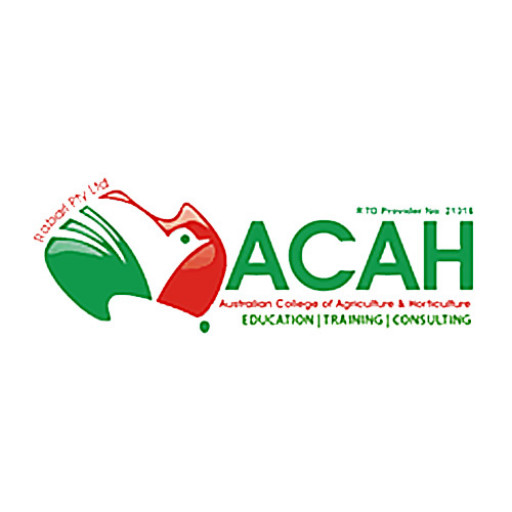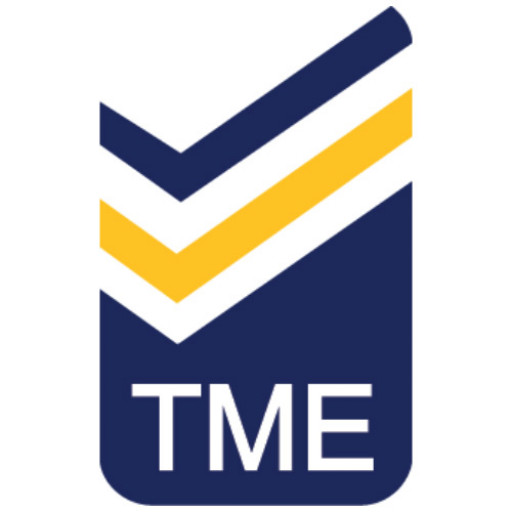Photos of university / #radboud_uni
The Master's specialisation in Cities, Water and Climate Change discusses the relationship between city planning and development, climate mitigation and adaptation. Cities, because of high levels of energy consumption and mobility, are the main contributors to climate change. At the same time, cities, because of their population density, are most vulnerable to the impacts of climate change. Questions that will be addressed in this specialisation are: How can city planners contribute to a reduction of CO2 emissions, and how can cities adapt to the consequences of climate change?
To answer these questions, possibilities for mainstreaming climate change into urban planning will be discussed as well as examples of carbon free cities and transition towns. It is expected that in 2050 more than 70% of the world’s population lives in delta areas. Because of the rapidly urbanizing delta areas, special attention will be paid to issues of flood risk management and multi-layered water safety. Which infrastructure is needed to protect delta areas, what is the potential of ecosystem engineering (‘building with nature’), and what are possibilities for flood proofing urban areas?
To learn more about these strategies, students will study case studies from the Netherlands (Delta programme, Rotterdam, and Nijmegen) as well as international cases (New Orleans, Miami, New York, Jakarta, Hamburg). Students will learn more about both strategies to enhance cities’ adaptive capacity (the capacity to adapt to changing climate conditions), and cities’ resilience (the capacity to respond to shocks, such as floods).
This Master's specialisation prepares students for working on the nexus between urban planning, water and environmental management.
Instruction modes
case study, computer exercise, group discussion, group assignment, lecture, individual assignment, integration module, literature study, oral presentation, research, research project, research proposal, project, internship, tutorial, working group, self study
Accreditation: NVAO
Erasmus Mundus program: This is an Erasmus Mundus program.
A completed Bachelor's degree from a spatially-oriented discipline
In order to get admission to this Master's you will need a completed Bachelor’s degree from a spatially-oriented discipline, such as spatial planning, human geography or environment studies.
Proficiency in English
In order to take part in this programme, you need to have fluency in both written and spoken English. This requirement has been satisfied when the student meets one of the following conditions:
- Has successfully completed a three-year Bachelor's programme at a Dutch university.
- Is a citizen of Australia, Canada (with exception of Quebec), Ireland, New Zealand, United Kingdom, or the United States of America.
- Has successfully completed a Bachelor's programme that was taught completely in the English language in one of the following countries: EU/EEA-countries, Australia, Canada, New Zealand, United States of America.
- Has successfully completed a Master's programme from a Dutch university of applied sciences (HBO).
All other students need one of the following certificates (TOEFL and IELTS certificates may not be older than two years).
- A TOEFL score of ≥90, with subscores not lower than 18
- A IELTS score of ≥6.5, with subscores not lower than 6.0
- Cambridge Certificate of Advanced English (CAE) or Certificate of Proficiency in English (CPE) with a mark of C or higher
A background in research methodology
Because of the academic nature of this programme, we require all our students to have basic training in research processes, e.g. research design and data analysis.
Want to improve your English level for admission?
Prepare for the program requirements with English Online by the British Council.
- ✔️ Flexible study schedule
- ✔️ Experienced teachers
- ✔️ Certificate upon completion
📘 Recommended for students with an IELTS level of 6.0 or below.
There are various scholarships available for studying at Radboud University. Some of the opportunities are described below. A full list, including detailed information, can be found on our scholarships and grants page at our website.
Radboud Scholarship Programme
Open to a select number of excellent international students. Instead of the institutional tuition fees, non-EEA students pay the legal tuition fees (€2,006 in 2017/2018). Visa and residence permit costs, liability insurance and health insurance are also covered.
Orange Tulip Scholarship
Open to students from Brazil, Mexico, Russia, Indonesia, South-Korea, Vietnam, Thailand, and China. Instead of the institutional tuition fees, non-EEA students pay the legal tuition fees (€2,006 in 2017/2018). Visa and residence permit costs, liability insurance and health insurance are also covered.
Fulbright-Radboud Scholarships
Open to excellent American students. The grant will be paid in 12 monthly instalments of 1,050 euros. International travel and the cost of the residence permit will be covered, and an extra allowance of €1150 will be paid on arrival.
Sino-Dutch Bilateral Exchange Scholarship
Open to excellent students from China. Consists of a contribution of € 16,113 towards the total costs of one year of study or research in the Netherlands.
DIKTI-Neso Scholarships
Aimed at lecturers at higher education institutions in Indonesia who wish to pursue a PhD or Master's at a university in the Netherlands. A DIKTI scholarship includes allowances for living expenses, insurance, travel costs, tuition fees and more.
Indonesian Education Scholarship (LPDP)
Open to excellent Indonesian students under the age of 35. Involves a full scholarship.
Holland Scholarship Programme
Open to excellent students from Canada, America, India and Turkey. Scholarship consists of 5,000 euros payed at the start of study.
Dutch Student Finance
EU/EEA students and Swiss students under 30 years of age are eligible if they are working at least 56 hours per month in the Netherlands, or have been living in the Netherlands for five years or more. Dutch student finance consists of four components: a basic grant, a supplementary grant (depending on the parental income), a student travel product, and a loan.





